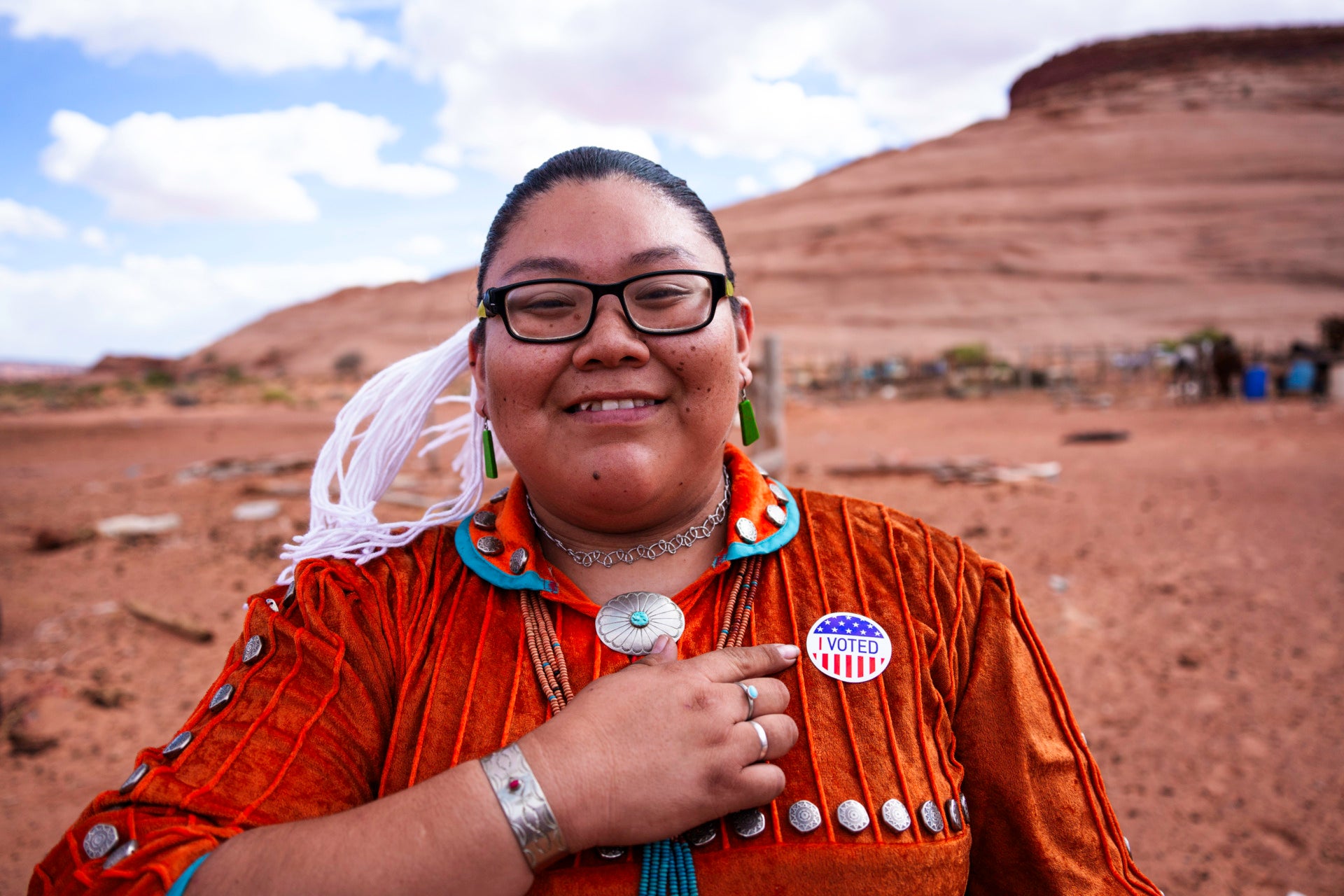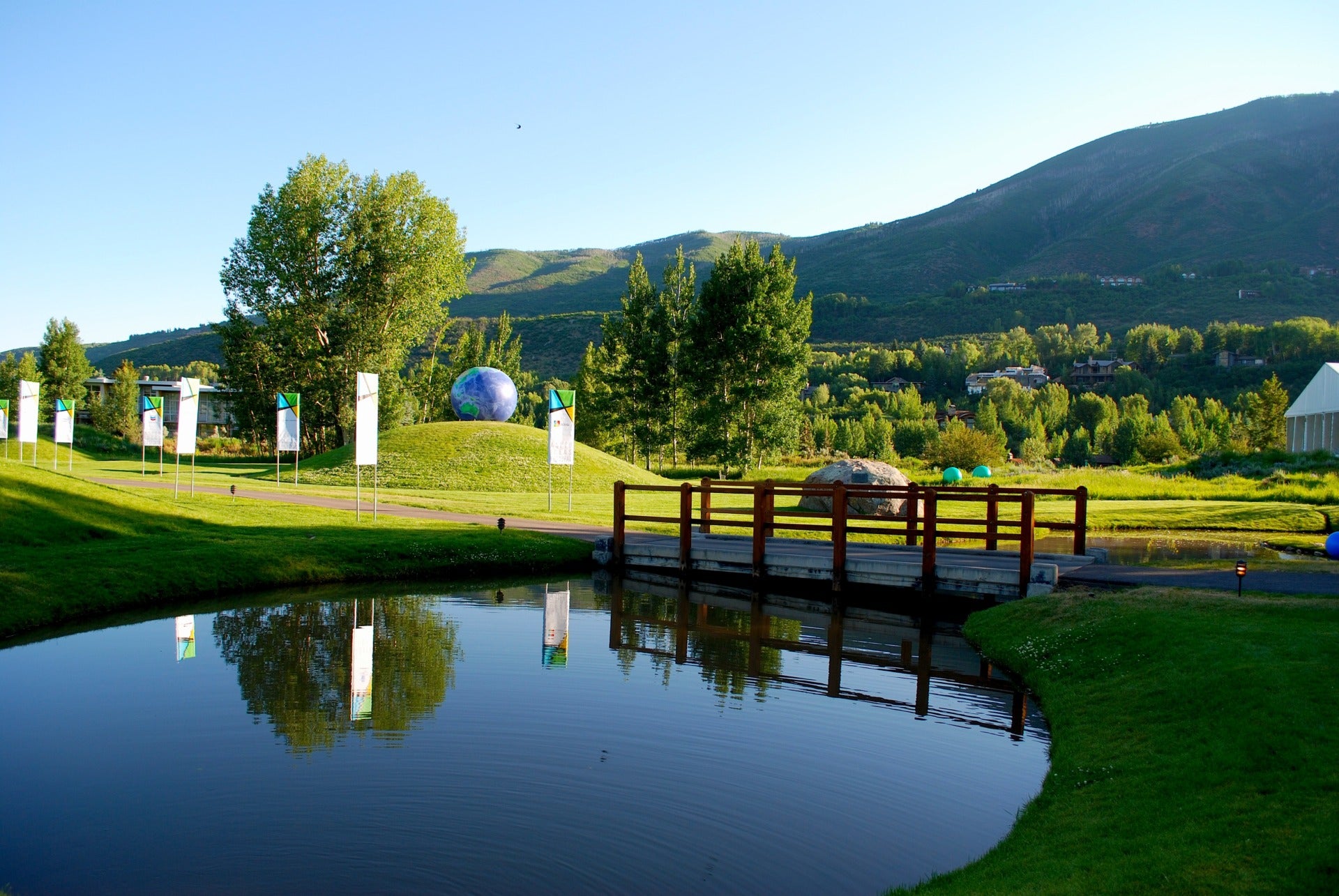It has been said that this moment is a referendum on what Americans want to become. Right now, in the aftermath of the “Unite the Right” rally in Charlottesville, we have both a great challenge and opportunity to create a new definition of “American” – one that is of the people, by the people, for the people, and as diverse as we are. This definition has no room for white nationalists or Nazis.
In a referendum like this, we vote by the way we live. It’s time we all live like active citizens. This means not only participating in informed self-government, but reaching as hard and far as we can across fissures that might keep us apart. It means challenging ourselves to acknowledge the validity of those who see differently than we do, and knowing better than to equate what is different with what is wrong. It also means swiftly and boldly correcting immoral, unjust, and hateful ideas and actions like those we witnessed in Charlottesville.
This is what it looks like to “cherish liberty as a responsibility”.
Too often, the duty of active citizenship is answered disproportionately by those in harm’s way. We ask these individuals to lead us fearlessly into the public square, but we fail to acknowledge the real risks that they will face when they get there. That’s why we Americans who are the most surprised by the events in Charlottesville, those who are shaking our heads asking, “How did we get here?”, are the ones with the most work to do now.
This reckoning with privilege is my own obligation and the obligation of other white Americans. So too must be our efforts to repent and repair. We can only do so if we own our responsibility to combat white supremacy not only when it manifests into torch-lit ceremonies, but also in its insidious everyday forms: in college acceptances, in trials, in castings, in work interviews, and in personal choices we make every single day.
It is my firm belief that Confederate statues should come down. But they should not be whisked away silently under the cover of night. Removing the object will not dismantle the real underpinnings that have held them up for hundreds of years.
To truly make progress, we need to have hard, honest conversations that include people on the left and the right who want to build an inclusive, tolerant community together. These conversations should cover an arc that begins with why these statues went up and ends with why they are now coming down. This is an idea that should have support both from those who want the statues gone and those who claim to care about their historical importance.
At the Aspen Institute Citizenship and American Identity Program, one way that we attempt to take on this responsibility is by creating initiatives like the Better Arguments Project™, a national series of town hall meetings to encourage Americans to engage one another in better, more productive debates about core American ideals.
Through work like this, I have had the privilege of getting to know Americans around the country. A recent college graduate who I met in Topeka, uses the skills he picked up as Wichita State University’s student body president to create systemic changes in the juvenile justice system in the state. In Los Angeles, I met a middle school student who didn’t have a safe place to be after school. This motivated him to start a club at his local public library, where he and his friends talk about what’s happening in their community. I also talked to a self-described “card-carrying member of the tea party” who built a grassroots constituency around the country that translates ideas to solutions in the name of libertarianism. And back home in DC, I spoke to a woman who had arrived in her mother’s arms, carried across the Rio Grande border as an unwitting newborn, who is now a champion for the undocumented community.
These are active citizens. Their actions are inspired by their love for their communities and neighbors.The America that I have seen through them is the one that I love. And it assures me that this exclusionary idea of America is something we can all stand against, united.
Caroline Hopper is the program manager for the Citizenship and American Identity Program at the Aspen Institute.


